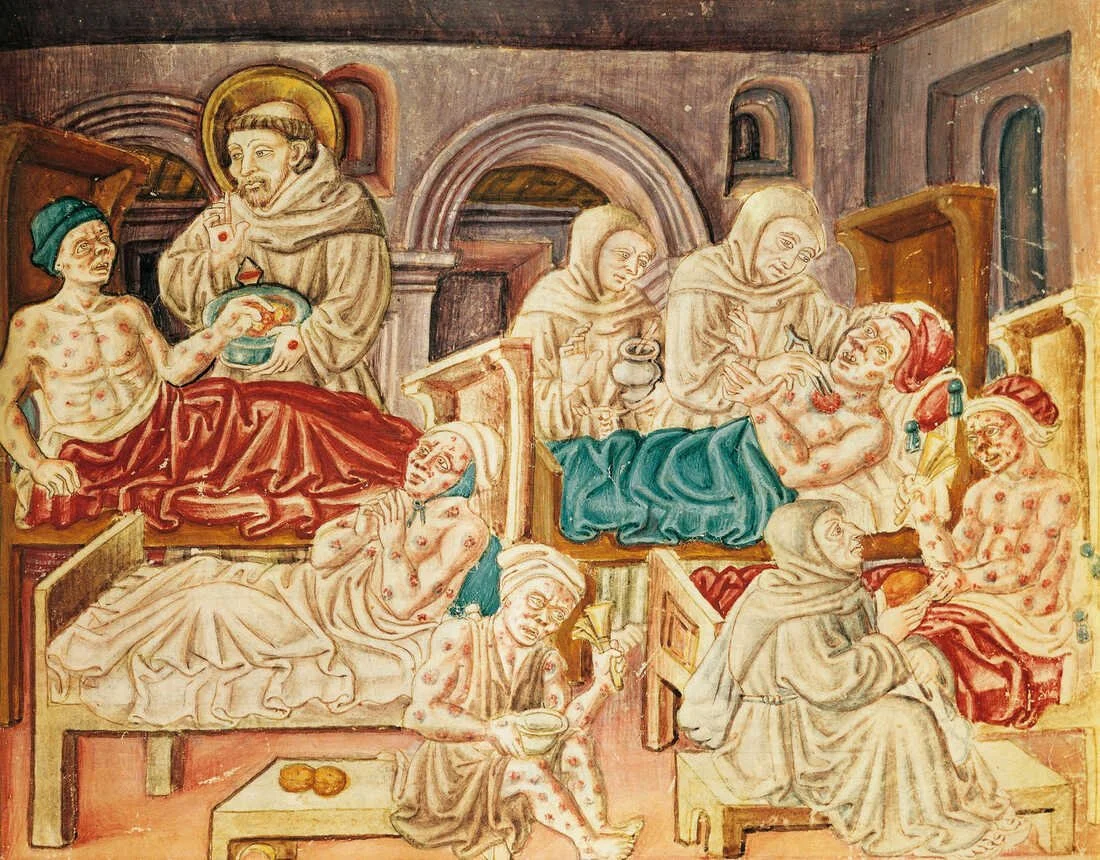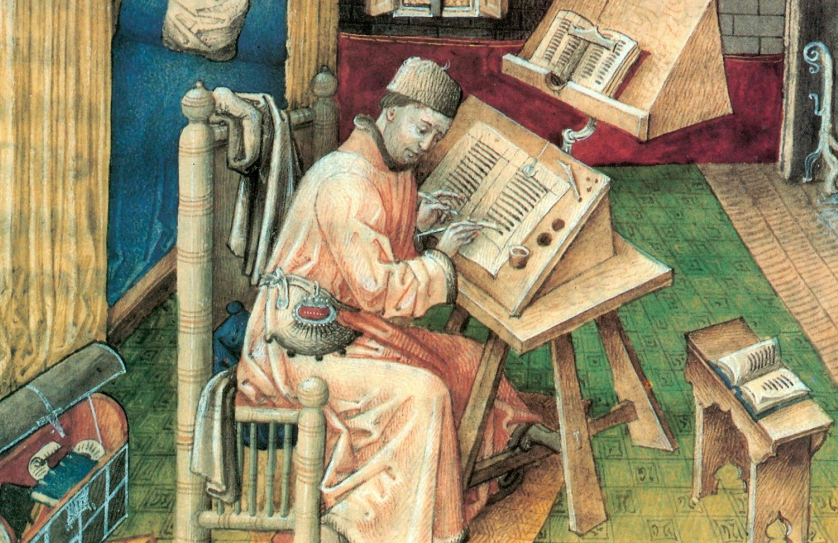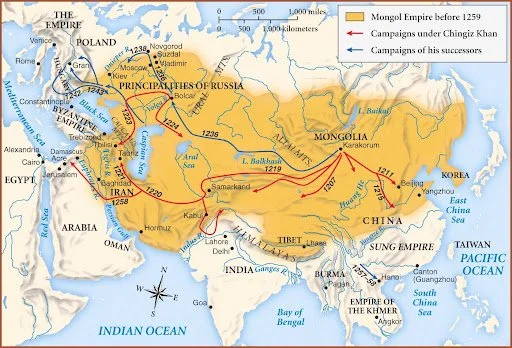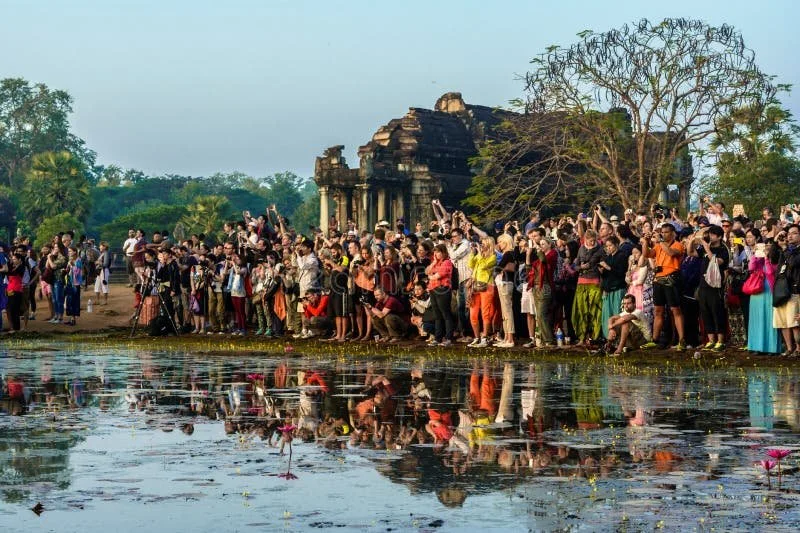8 History - Home
8 History
The ancient to the modern world
The course provides a study of history from the end of the ancient period to the beginning of the modern period, c.650– 1750 AD (CE). This was when major civilisations around the world came into contact with each other. Social, economic, religious and political beliefs were often challenged and significantly changed. It was the period when the modern world began to take shape
Key inquiry questions.
How did societies change from the end of the ancient period to the beginning of the modern age?
What key beliefs and values emerged and how did they influence societies?
What were the causes and effects of contact between societies in this period?
Which significant people, groups and ideas from this period have influenced the world today?
Overview - The ancient to the modern world
1. Depth study - The Vikings
The way of life in Viking society
The weapons, shipbuilding and trade that led to Viking expansion.
Viking conquests and relationships with subject peoples, including the perspectives of monks, changes in the way of life of the English, and the Norman invasion
The role of significant individuals including Erik the Red.
2. Depth study - The Angkor empire
The way of life in the Khmer Empire.
The trade and agriculture that led to the rise of Angkor.
Cultural achievements, including water management and the temples of Angkor
The decline of Angkor, including overuse of water resources and ongoing war.
3. Depth study -The Mongols
Mongol empire origins
The rise of Genghis Khan
Conquering and managing an empire
4. Depth study -The Black Death
The Black Death in Asia, Europe and Africa.
Living conditions and religious beliefs in the 14th century, including life expectancy, medical knowledge and beliefs about the power of God
The role of expanding trade between Europe and Asia in the Black Death.
Causes and symptoms of the Black Death and the responses of different groups.
The immediate- and long-term effects of the Black Death.
4. Depth study -The Renaissance and the Enlightenment
How the Black Death shaped the renaissance
Changes in the way people lived
A revolution in the Arts
A Scientific revolution
The Enlightenment and the emergence of Humanism











